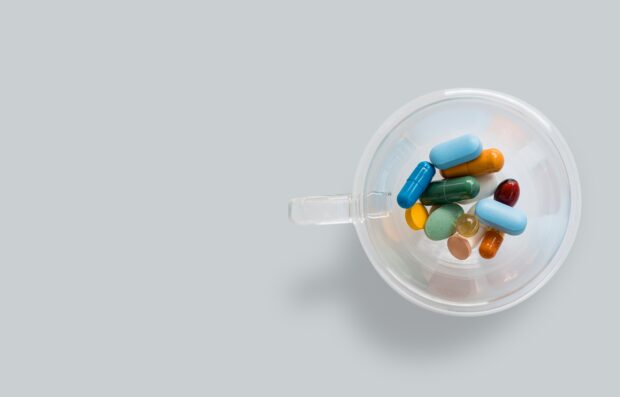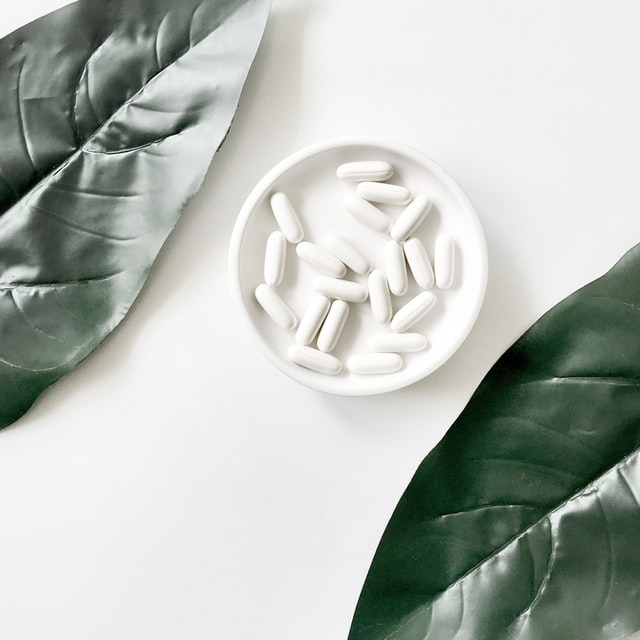As you start to browse through options for over the counter cold medicine and supplements containing a superfood for cold & flu in preparation for the upcoming cold and flu season, you may be wondering exactly how these helpful medications work. Knowing what your medicine does is important in figuring out which option can address the symptoms you’re currently experiencing, as well as knowing which medications you shouldn’t mix. Although it might seem confusing or tough to glean this information just from the product labels, you can start navigating your medicine cabinet with a few key pieces of information.
Common Pain Relievers Like Ibuprofen and Paracetamol Help Reduce Inflammation and Fever
When you first feel a headache coming on, your immediate reaction may be to grab the bottle of ibuprofen. There’s a reason you have this association – ibuprofen is indeed a pain reliever and can help with several common flu or cold symptoms. Similarly, paracetamol, another common painkiller, can help get your temperature down when you’re experiencing a fever. Although you don’t want to take both at the same time – or take too much of one of them – due to risk of overdose, in the appropriate amounts, these drugs can bring relief and calm inflammation. In total, the benefits they carry include:
- Calming sore throats
- Soothing stomach cramps
- Aiding with arthritic symptoms
- Providing pain relief for headaches, backaches, toothaches and more
- Helping to reduce fever significantly
Cough Syrups, Menthol, Honey and Other Natural Remedies May Help With Coughing and Wheezing
When your chest starts heaving and you need a natural cough suppressant, some common items you might have around include honey, menthol or natural cough syrups. These popular remedies do indeed help with symptoms like wheezing and coughing, although, as always, you’ll want to be careful with dosages. Honey can help soothe a sore throat and menthol may help to clear up stuffy sinuses, while many cough syrups are specifically designed to help provide coughing relief. Check with your doctor first before giving a young child cough syrup, though, since not all cough syrups are child-friendly.
Certain Cold and Flu Medicines Also Contain Decongestants
As anyone who’s ever had a cold or flu before knows, one of the most insufferable symptoms of being sick is perhaps the constant congestion. That’s why certain medicines commonly contain decongestants, such as phenylephrine and pseudoephedrine. These ingredients help blood vessels to tighten up, preventing constant runny nose and painfully stuffy sinuses. That way, you at least won’t have to be reaching for the tissues every two minutes as you recover!
Whenever you feel sniffles starting to come on, your first instinct may be to reach for something from your medicine cabinet. However, if you take the wrong medication for what you’re experiencing, you might not get the relief you were hoping for and could even experience harmful effects. In order to make sure you fully understand the workings of your medicine and what symptoms each type of medication can address, keep this quick guide around this cold and flu season.











